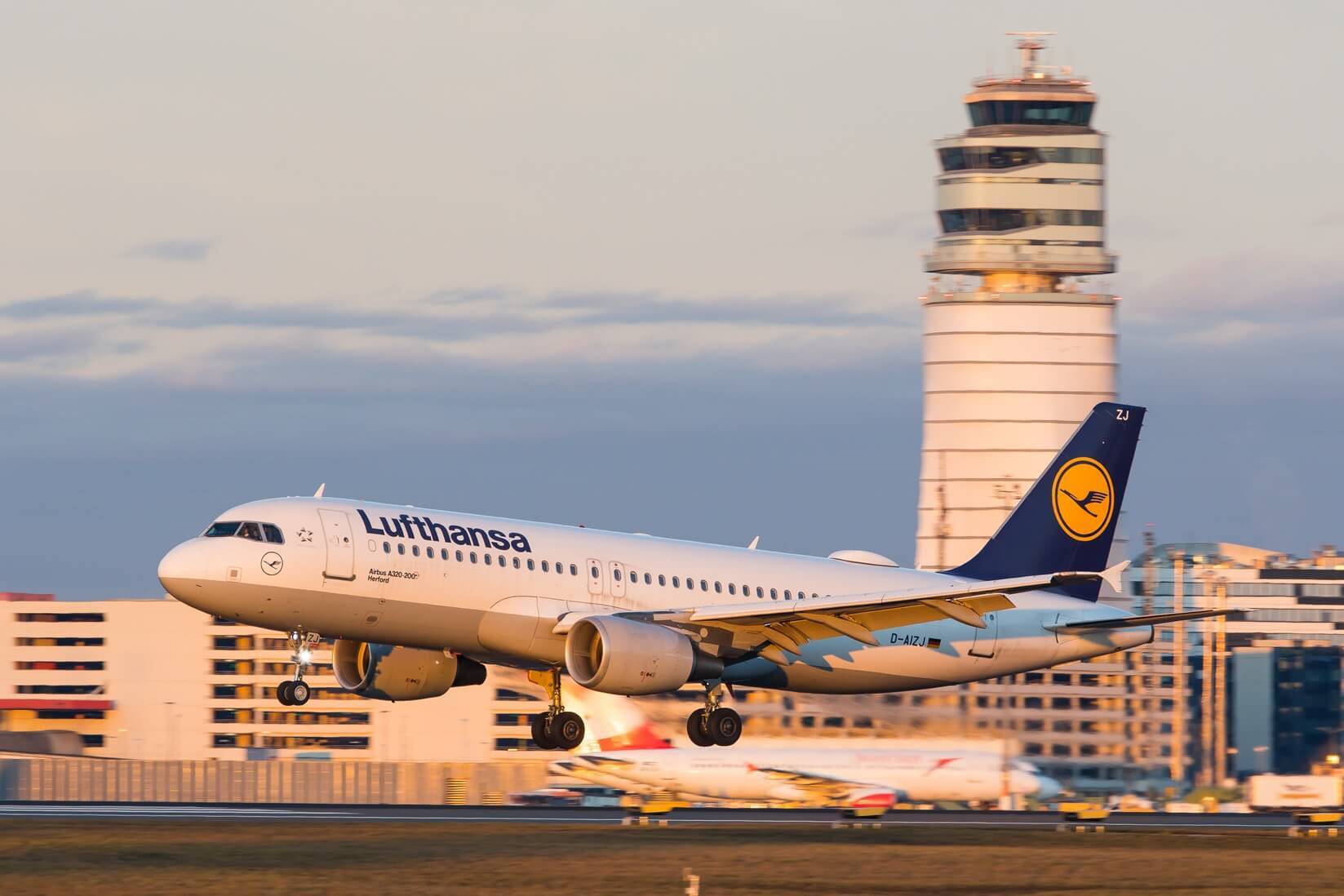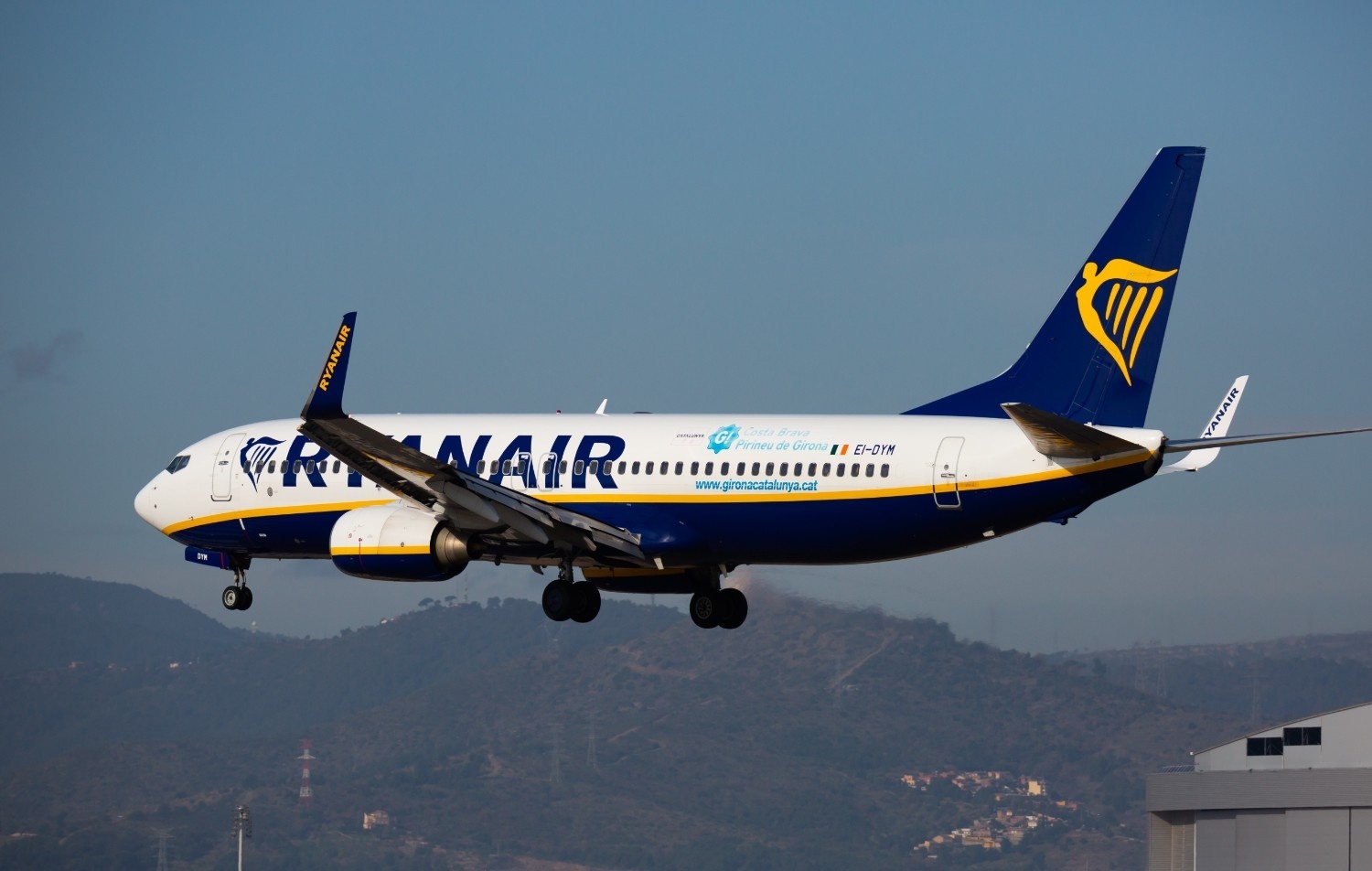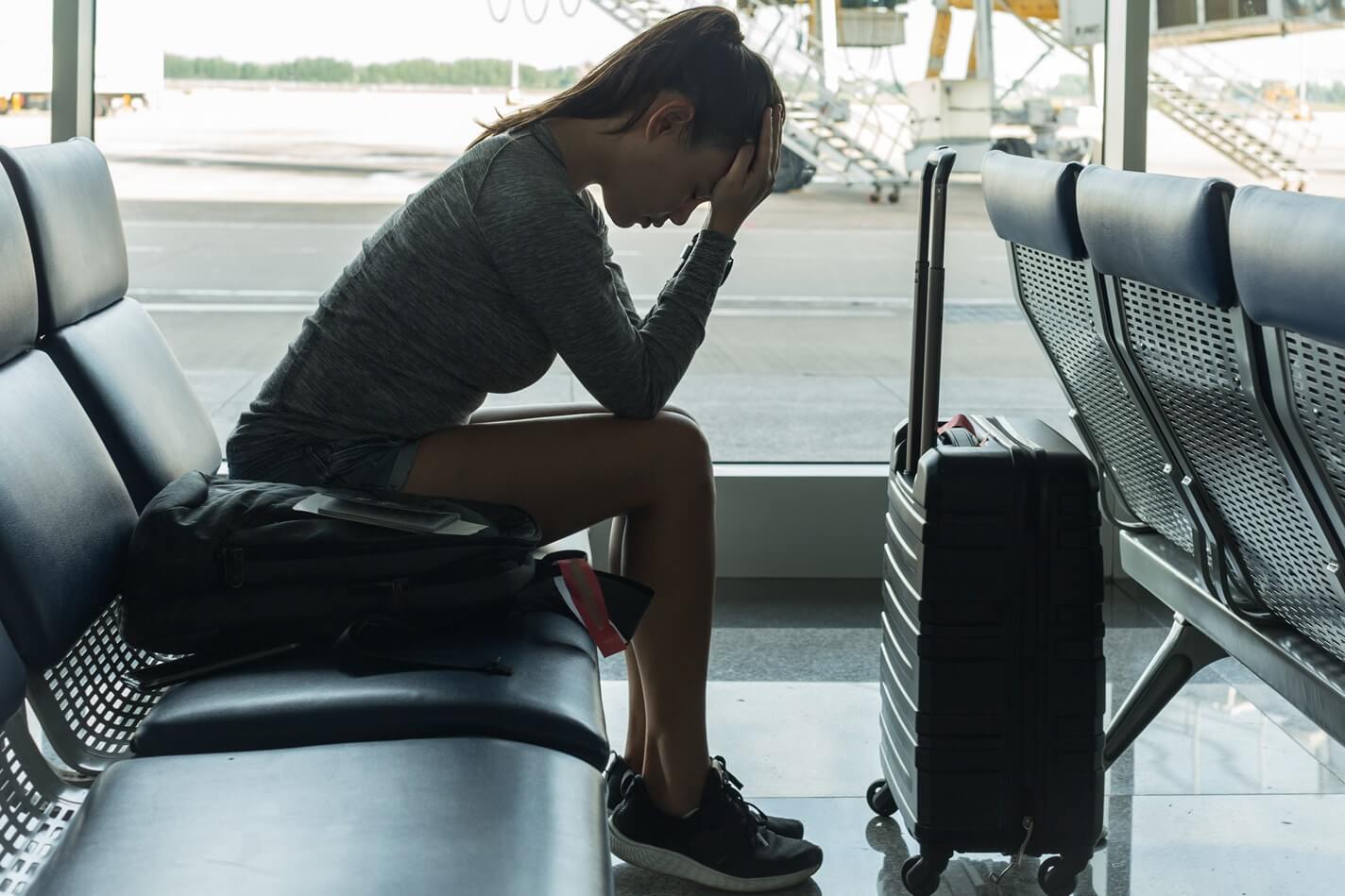Flying to Spain? New passport travel advisory issued

Travelers planning a trip to Spain should be aware of a new passport travel advisory, especially if Barcelona is on their itinerary. Known for its vibrant culture and stunning architecture, Barcelona also has a less savory reputation as a pickpocketing hotspot. Losing a passport in a foreign country can turn a dream vacation into a logistical nightmare, requiring interactions with embassies and potentially hefty fees to secure a replacement.
Passport loss: A common and costly headache
Losing a passport abroad is a common issue; the U.S. State Department estimates that around 300,000 Americans experience this annually. The process to replace a lost or stolen passport involves navigating embassy lines, proving one's identity and citizenship without original documentation, and often paying substantial fees to expedite the replacement. This is far from an ideal way to spend precious vacation time.
High risk of pickpocketing in Barcelona
Barcelona frequently appears on lists of cities with the highest incidence of pickpocketing. Pickpockets in this city are notorious for targeting not just wallets but also passports. To address this risk, the British Foreign Office has updated its travel advisory for Spain, emphasizing the necessity for travelers to renew their passports or apply for an emergency travel document if theirs is lost or stolen. A police report, while necessary, is insufficient for leaving the country.
Updated advisory: Renew or apply for an emergency travel document
The updated advisory from the British government states, "If your passport is lost or stolen, you must renew your passport or apply for an emergency travel document. You cannot use a police report to leave Spain." This highlights the importance of having proper documentation not only to enter but also to exit the country and continue one's journey.
Travel precautions and safety tips
Spain, particularly its popular resorts like Ibiza and Majorca, attracts over 15 million British holidaymakers each year. Given the high tourist influx, the British Foreign Office advises visitors to take extra precautions. Travelers are urged to be vigilant with their passports, money, and personal belongings. Key tips include:
Avoid carrying all valuables in one place.
Keep a copy of the photo page of your passport in a separate, safe location.
Be aware of distraction techniques used by thieves who often operate in teams.
Broader Security Concerns
Heightened travel advisory: increased terrorism and street crime risks in Europe
The travel advisory also extends to warnings about the risk of terrorist attacks at popular tourist sites and attractions. The U.S. State Department shares similar concerns, cautioning about potential terrorist plots in Spain, Germany, France, and other European countries. Recently, the U.S. raised its travel advisory rating for Spain from Level One to Level Two, indicating heightened caution due to terrorism and street crime risks, although the country remains generally safe to visit.
"Terrorist groups continue plotting possible attacks in Spain," the State Department warns. "Terrorists may attack with little or no warning, targeting tourist locations, transportation hubs, markets/shopping malls, local government facilities, hotels, clubs, restaurants, places of worship, parks, major sporting and cultural events, educational institutions, airports, and other public areas."
While Spain remains a popular and generally safe destination, travelers should heed the updated passport advisory and take necessary precautions to safeguard their travel documents and personal safety. By staying informed and prepared, visitors can enjoy their time in Spain with greater peace of mind.
Latest posts
Flight delays and cancellations in July 2025
Check which flights were delayed in July 2025 – you may still be entitled to claim up to 600 € in compensation.
Flight cancellations and delays in March 2024
Check which flights were delayed in March 2024 – you may still be entitled to claim up to 600 € in compensation.
Flight cancellations and delays in February 2024
Check which flights were delayed in February 2024 – you may still be entitled to claim up to 600 € in compensation.












